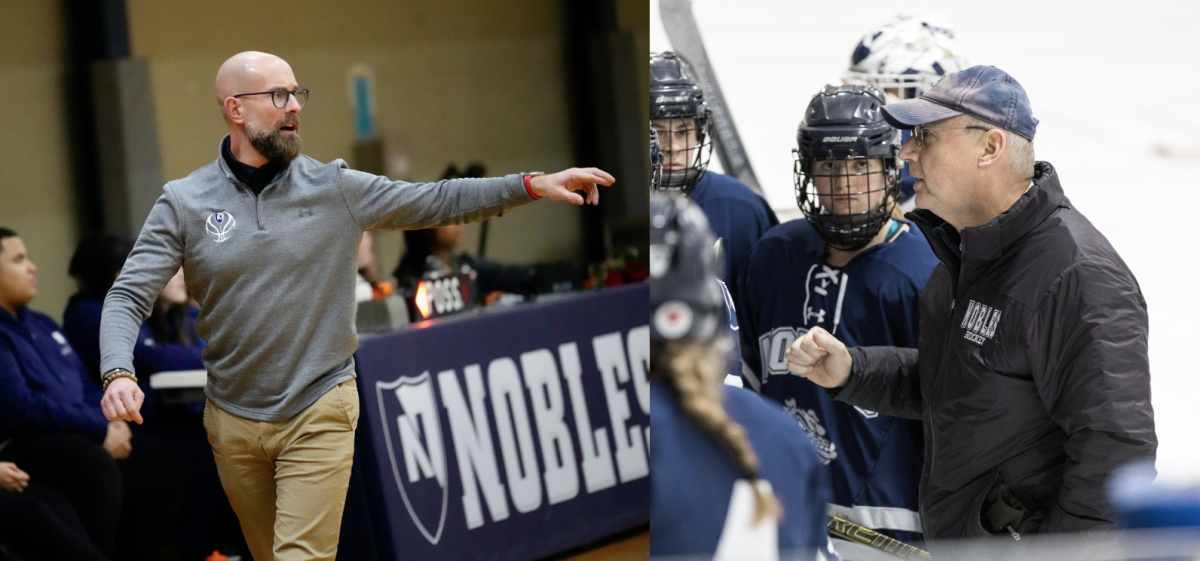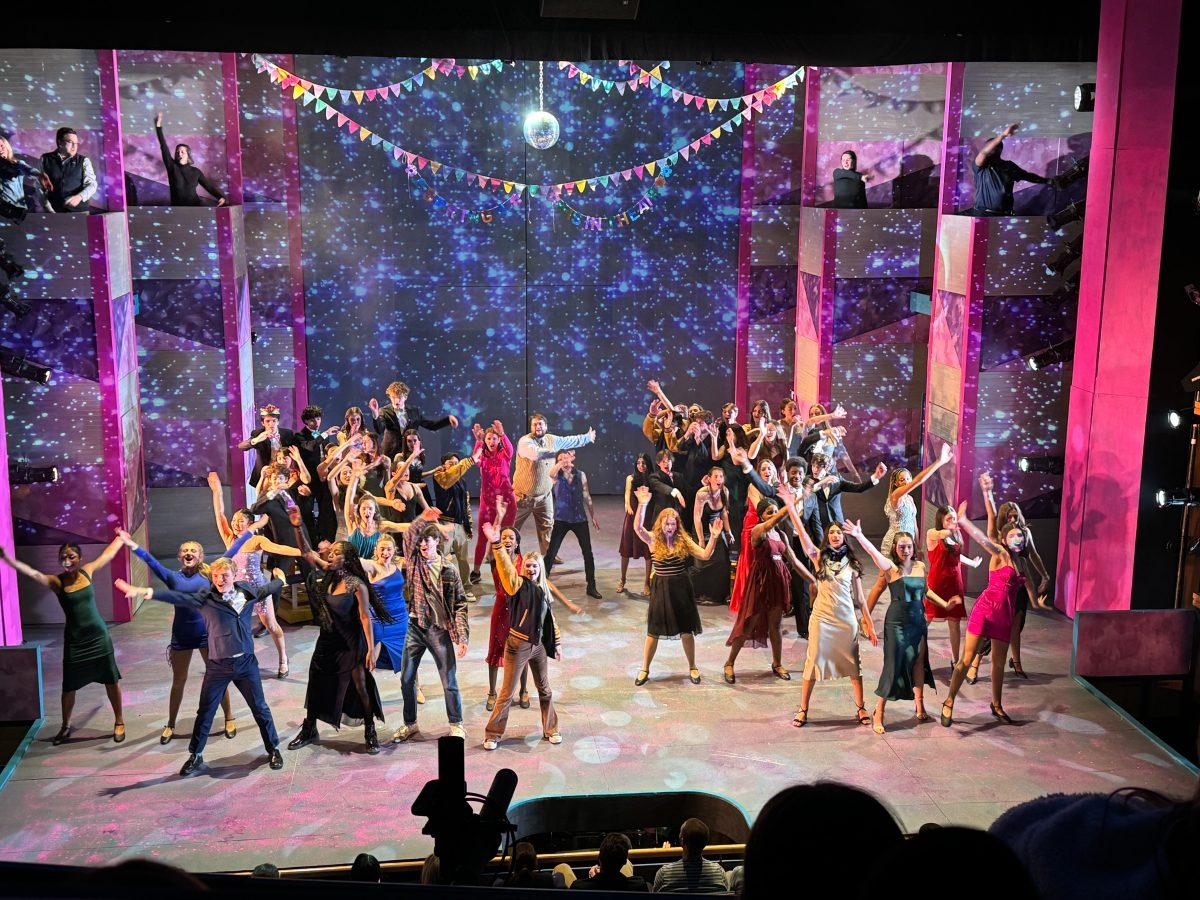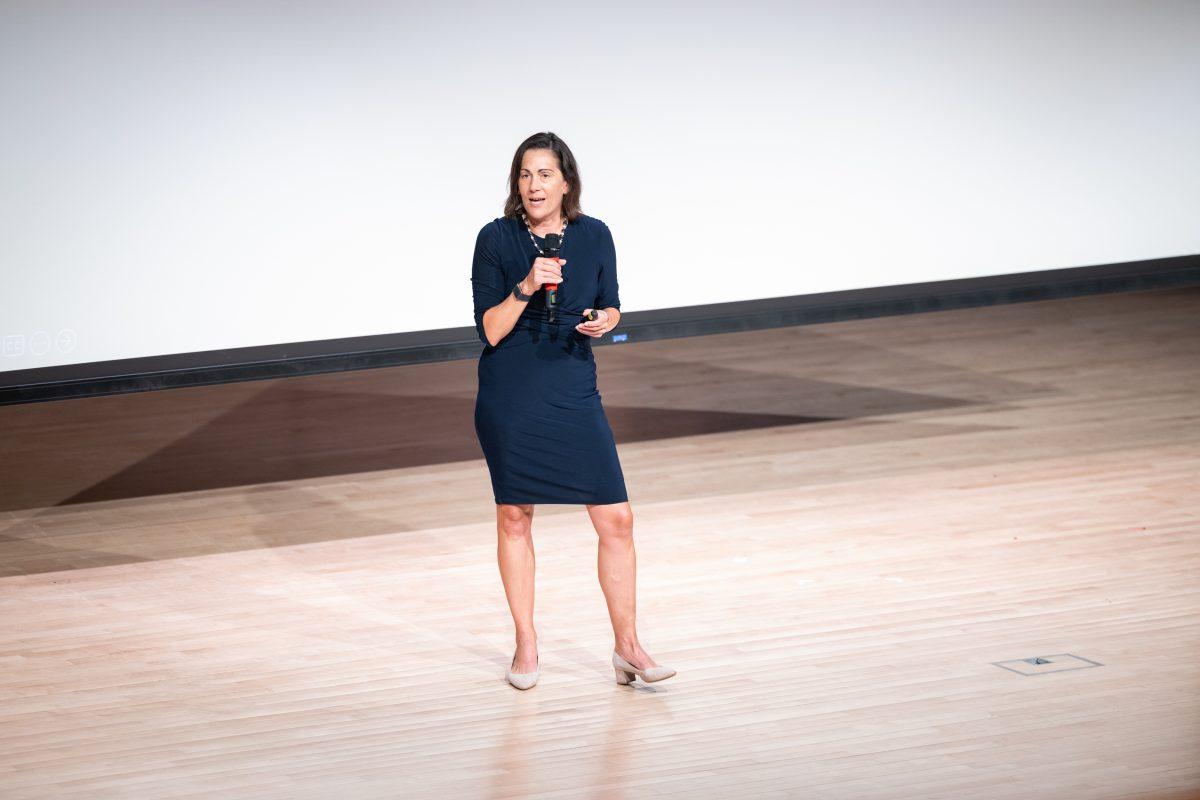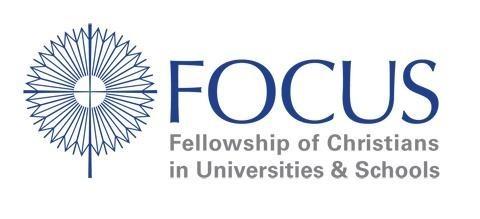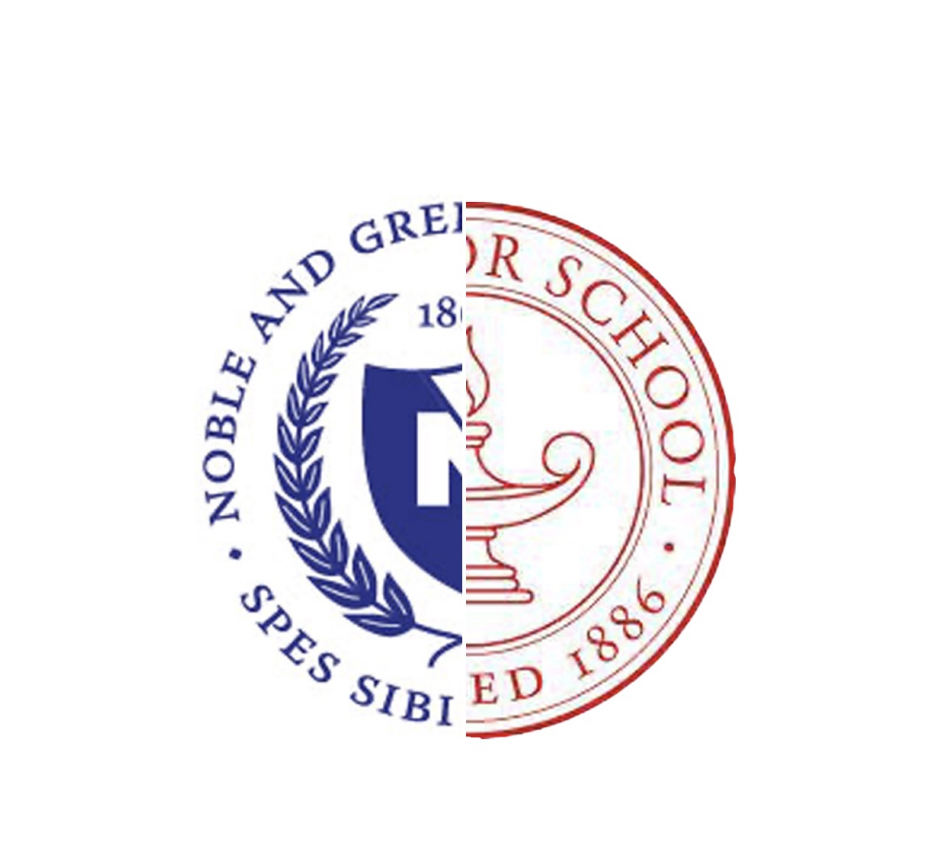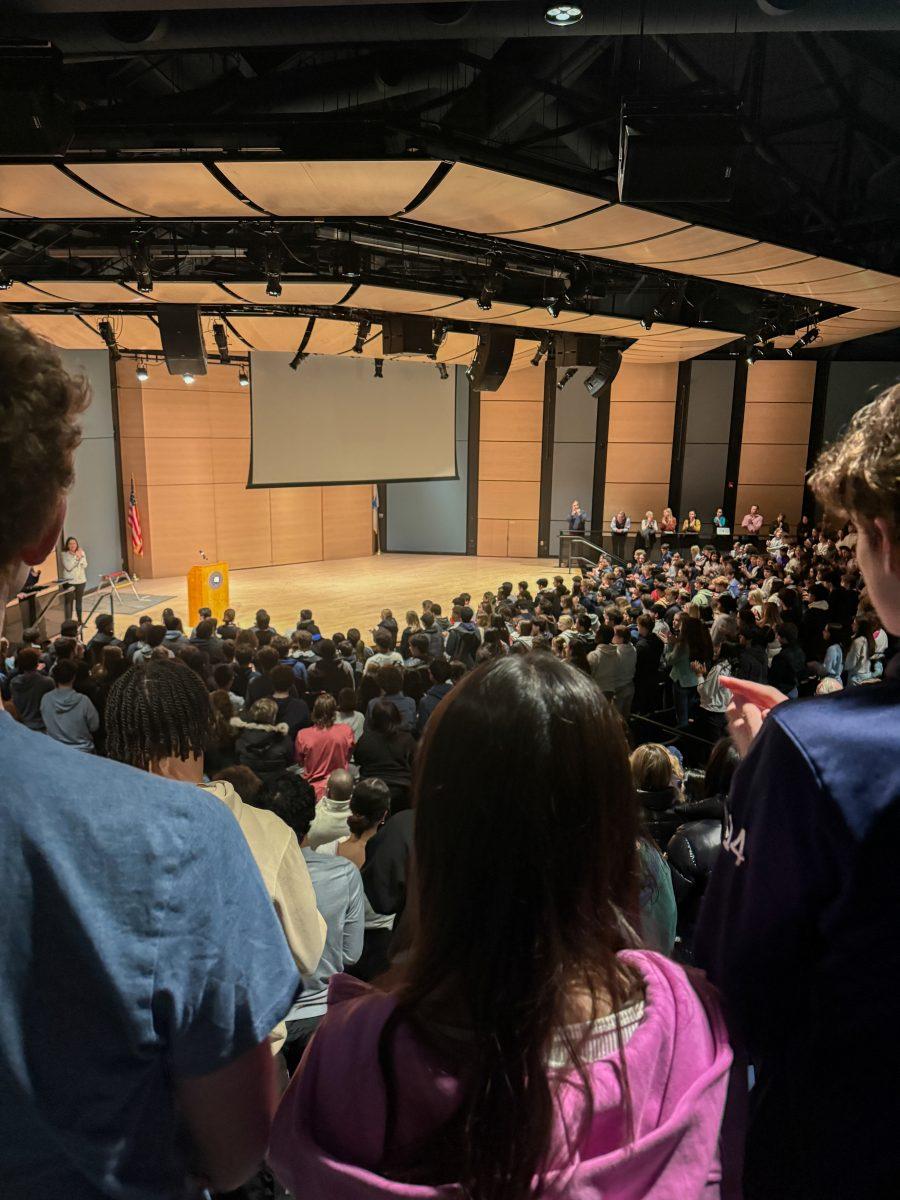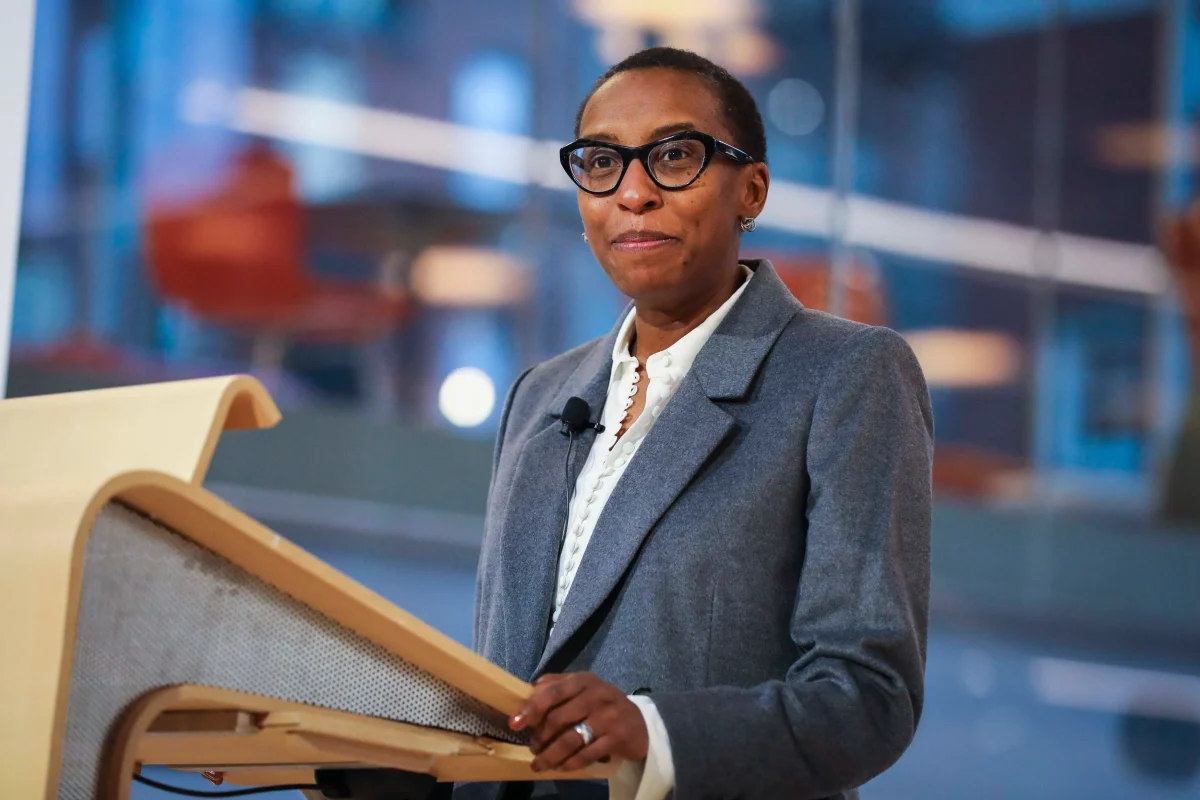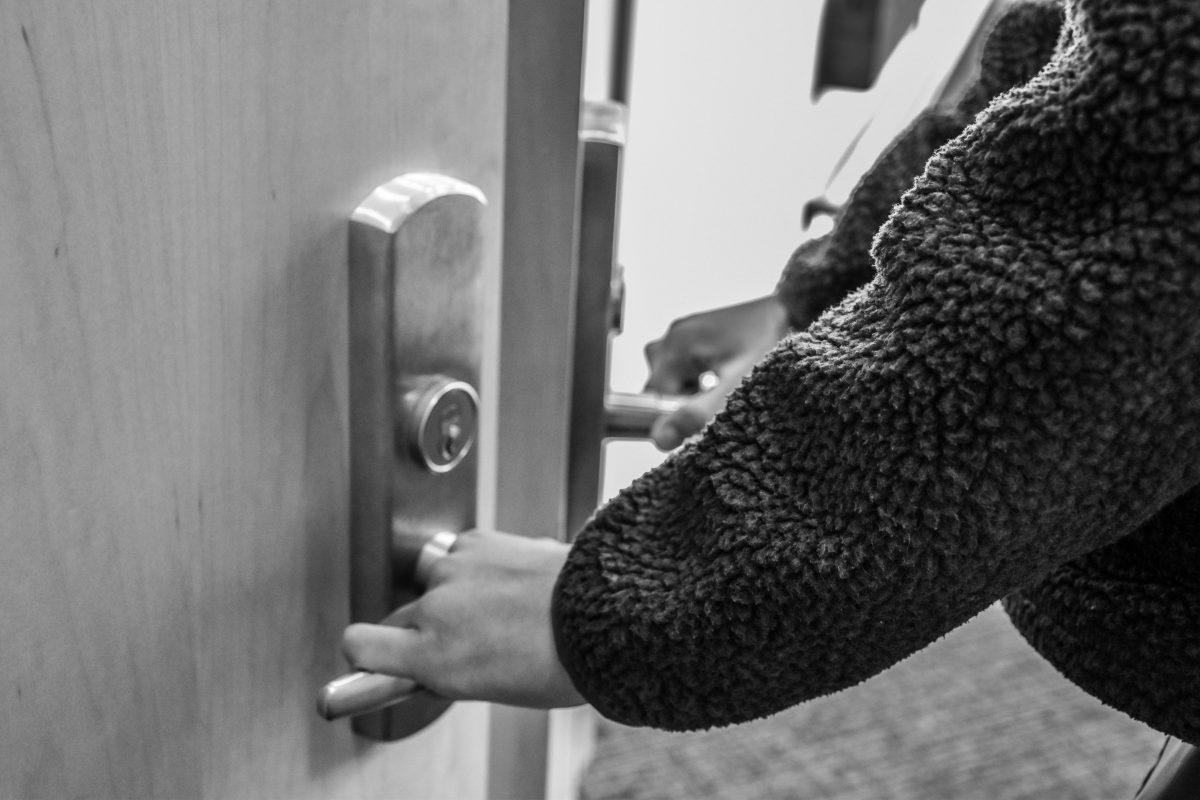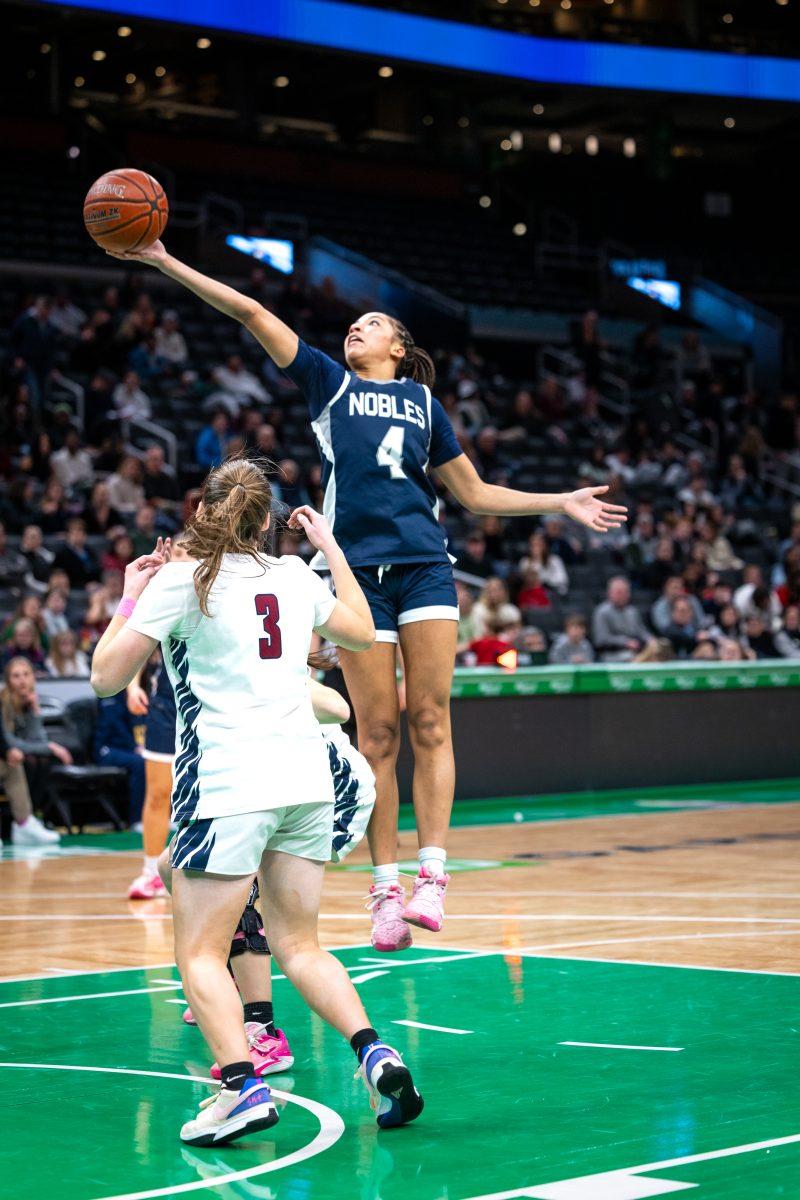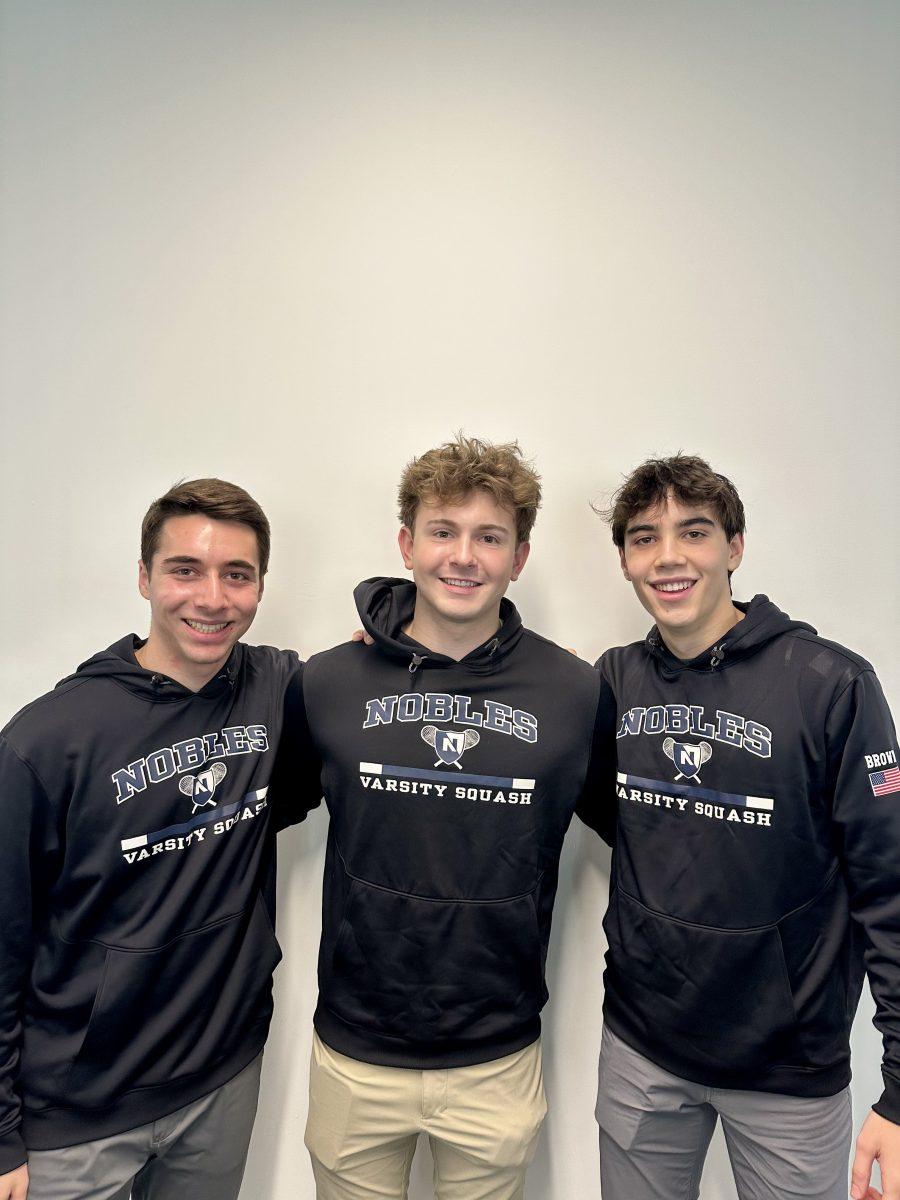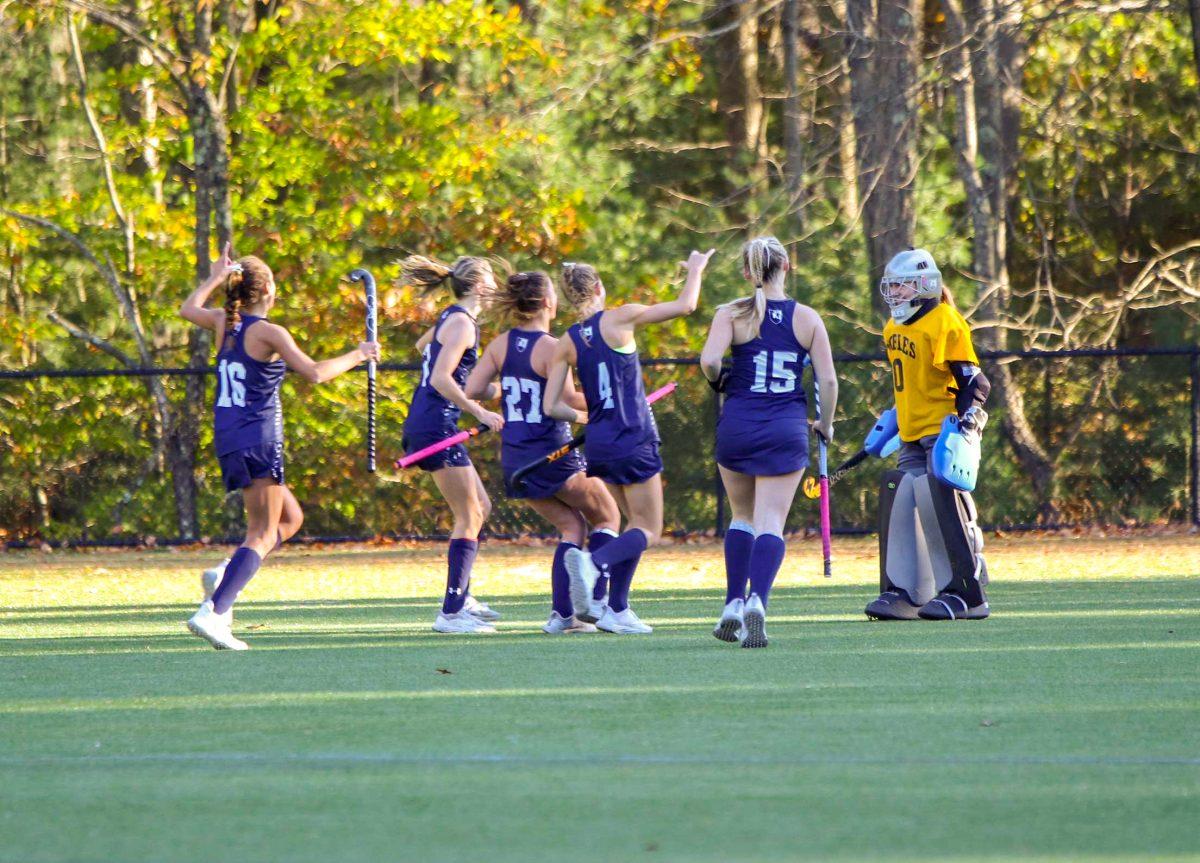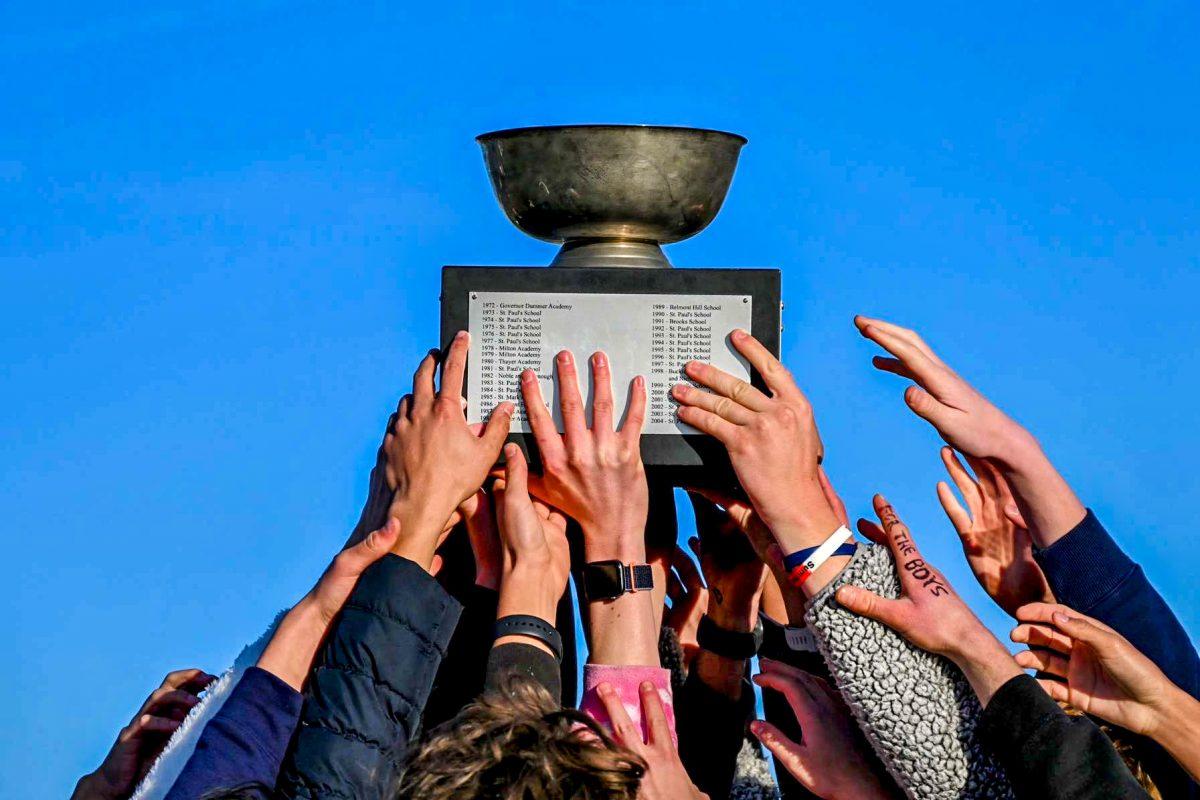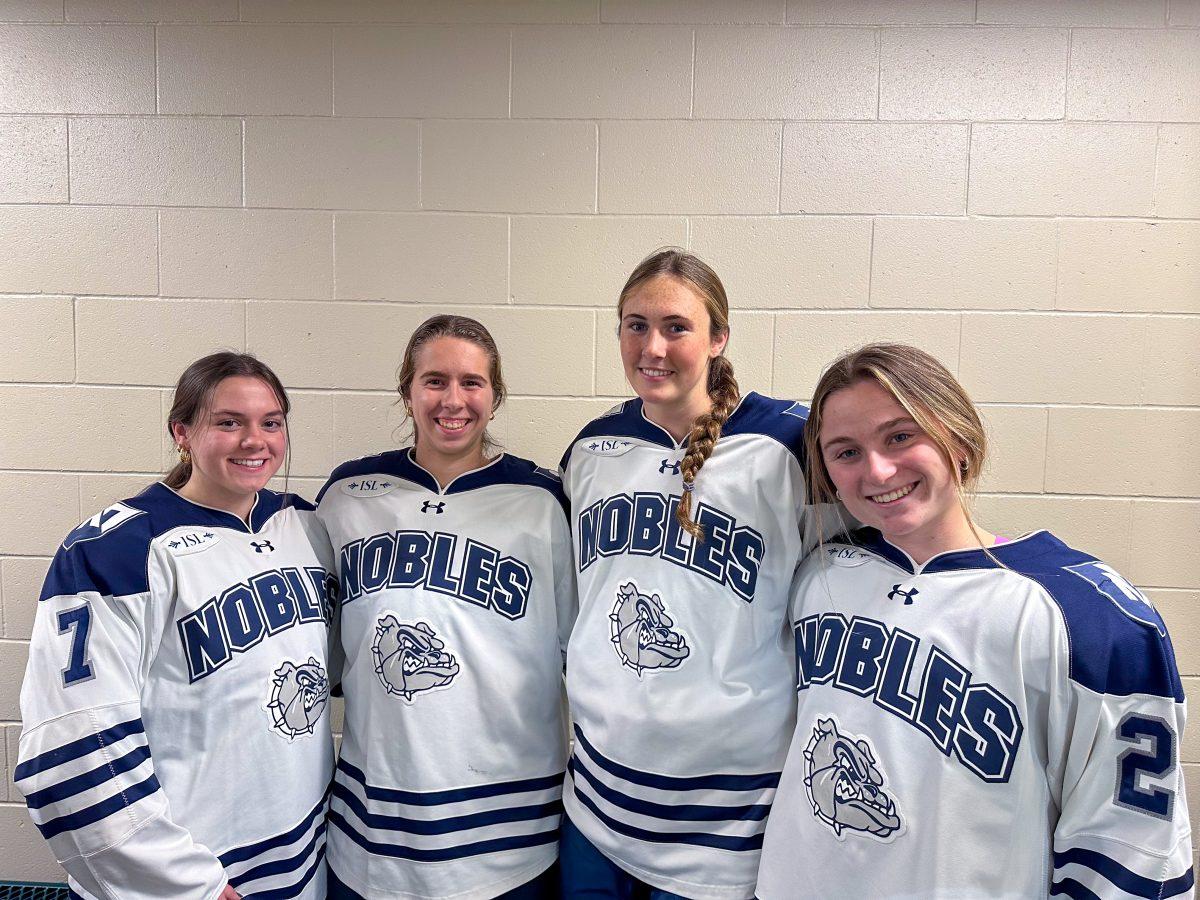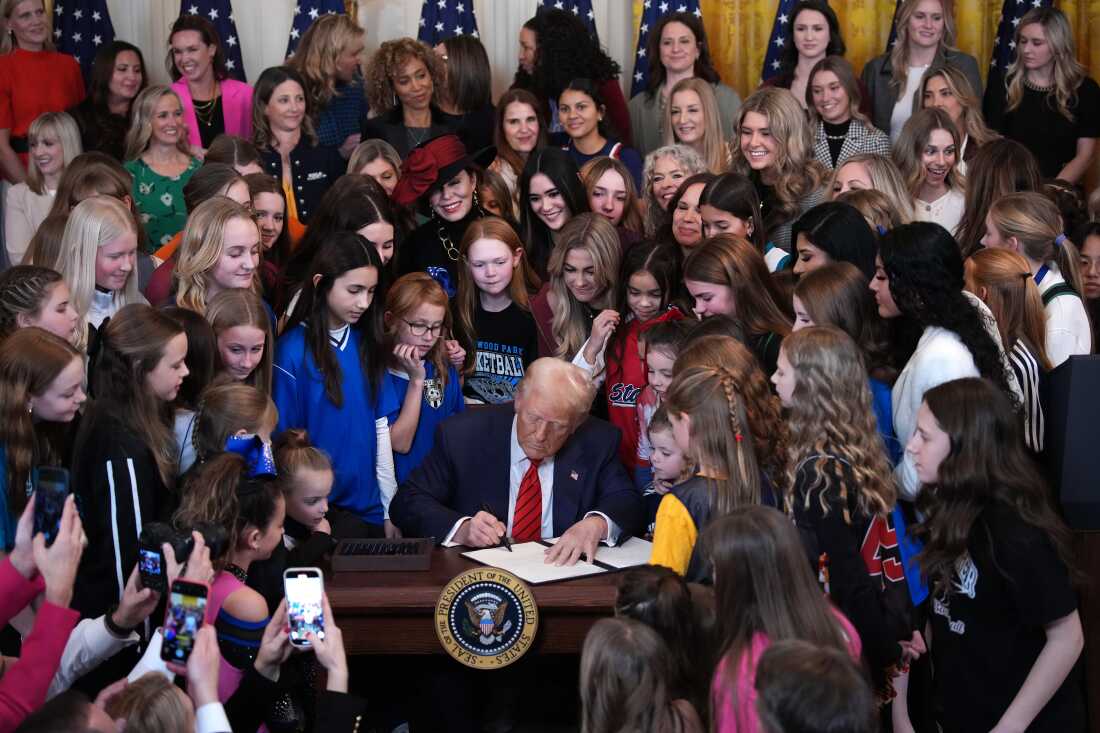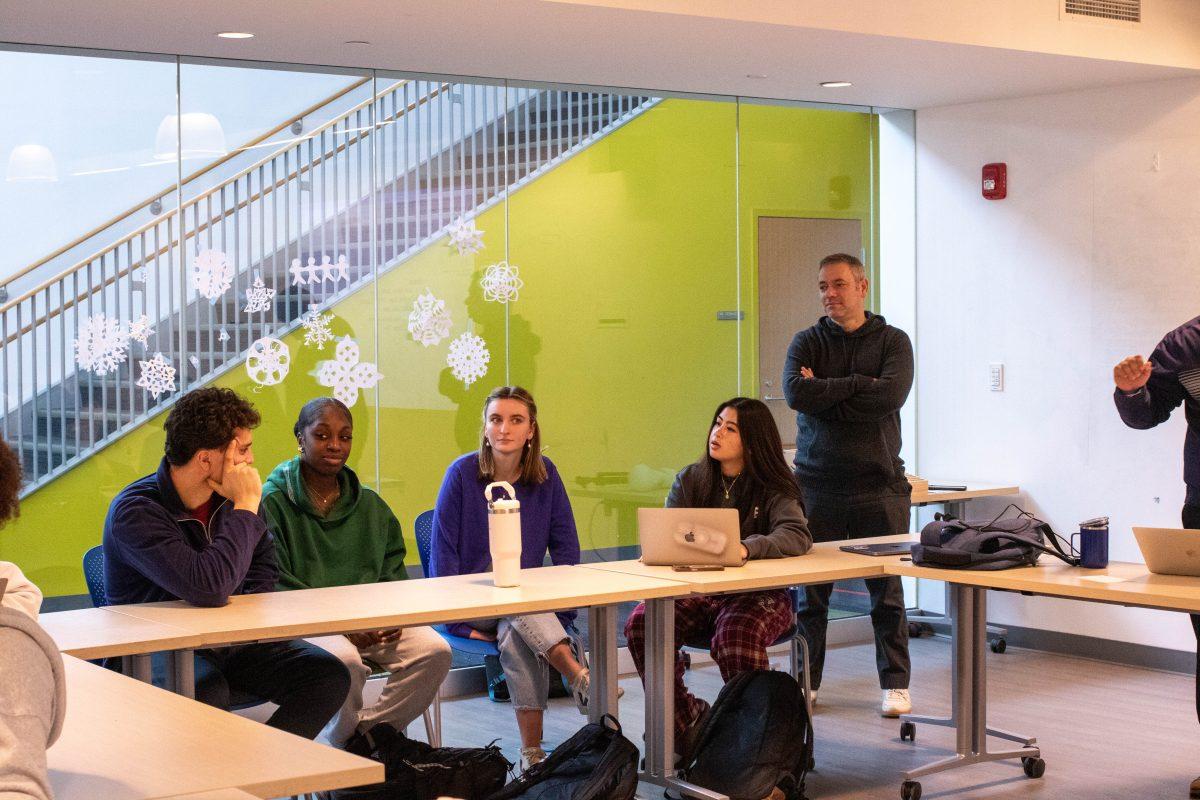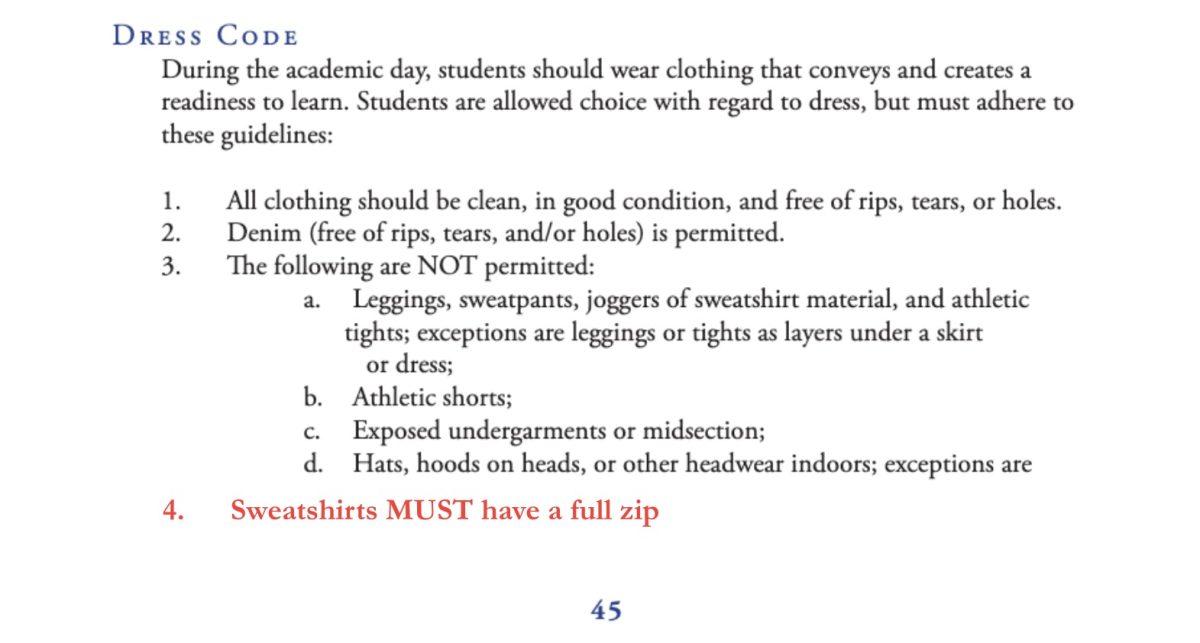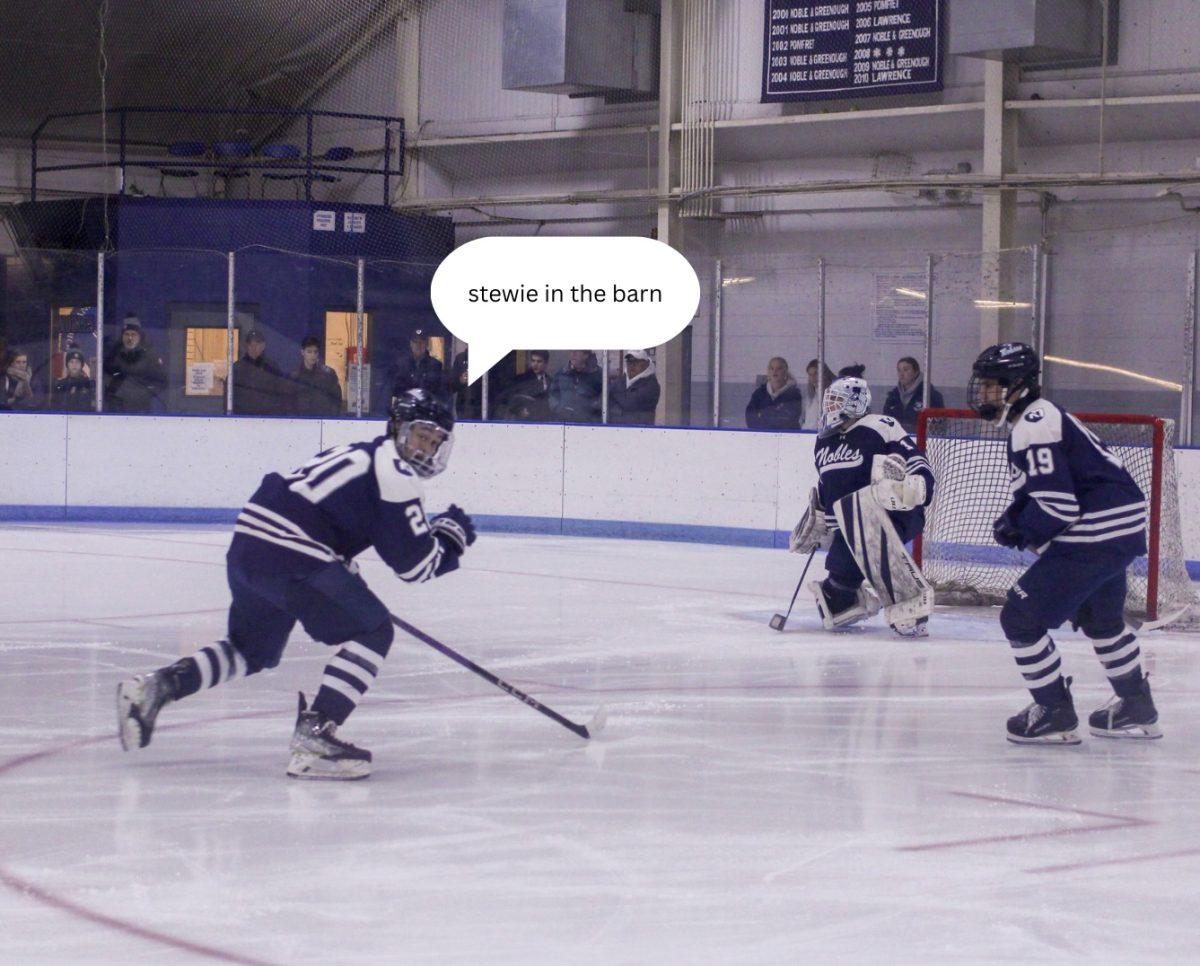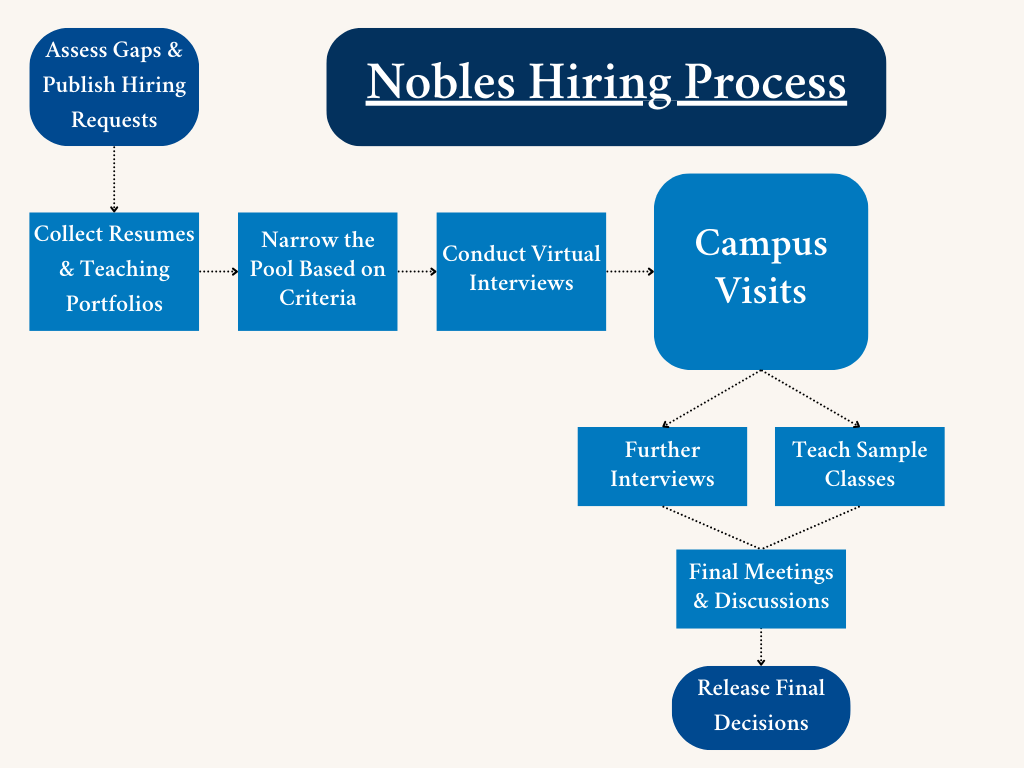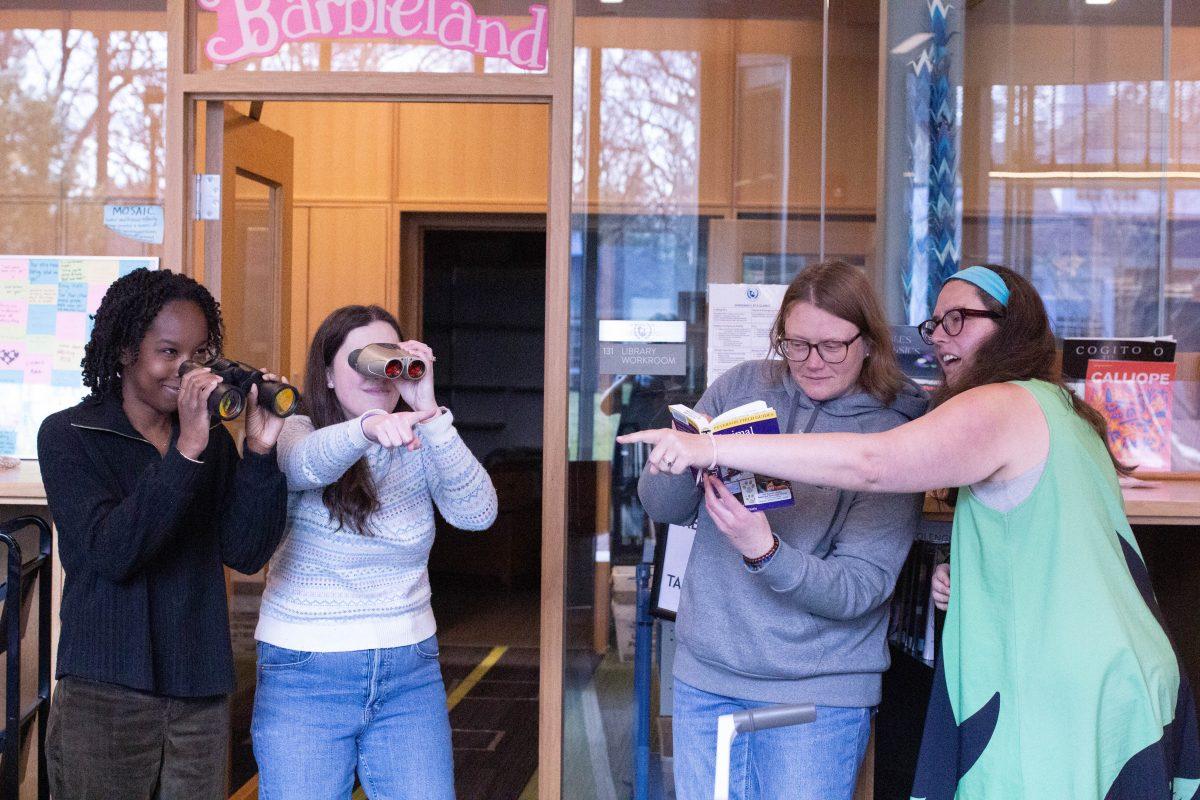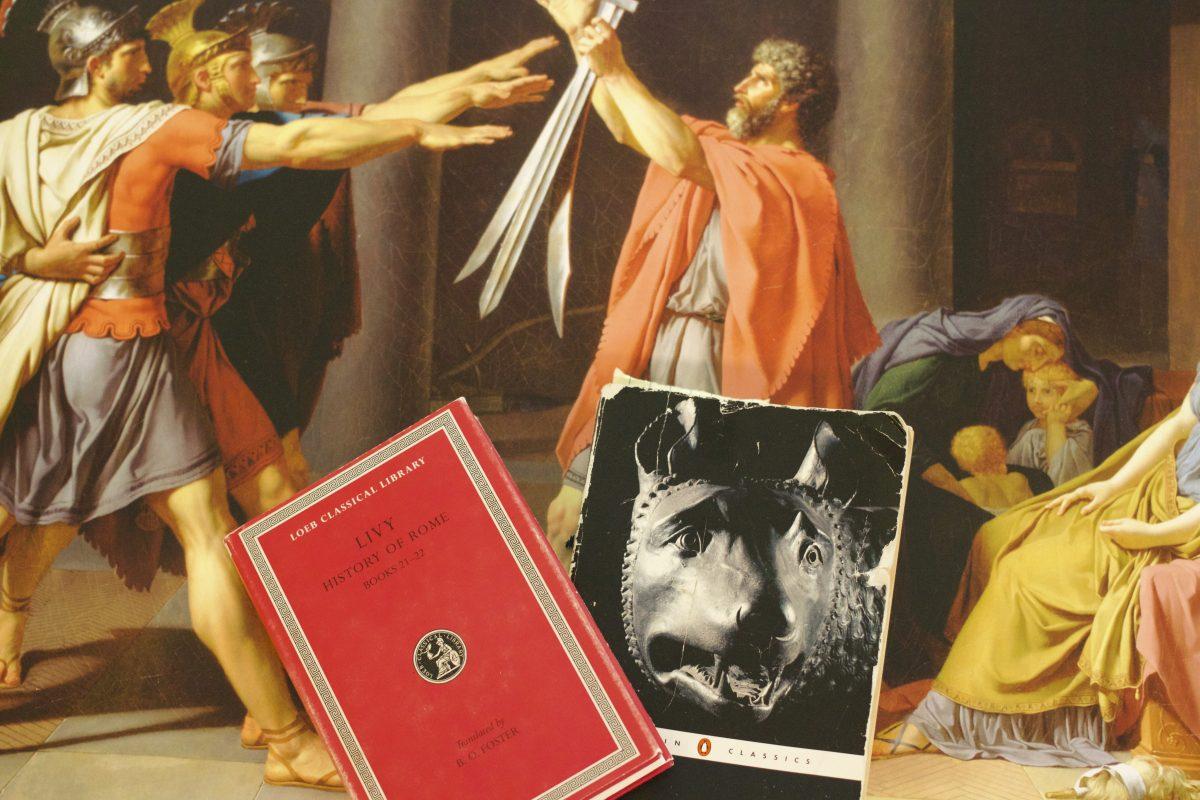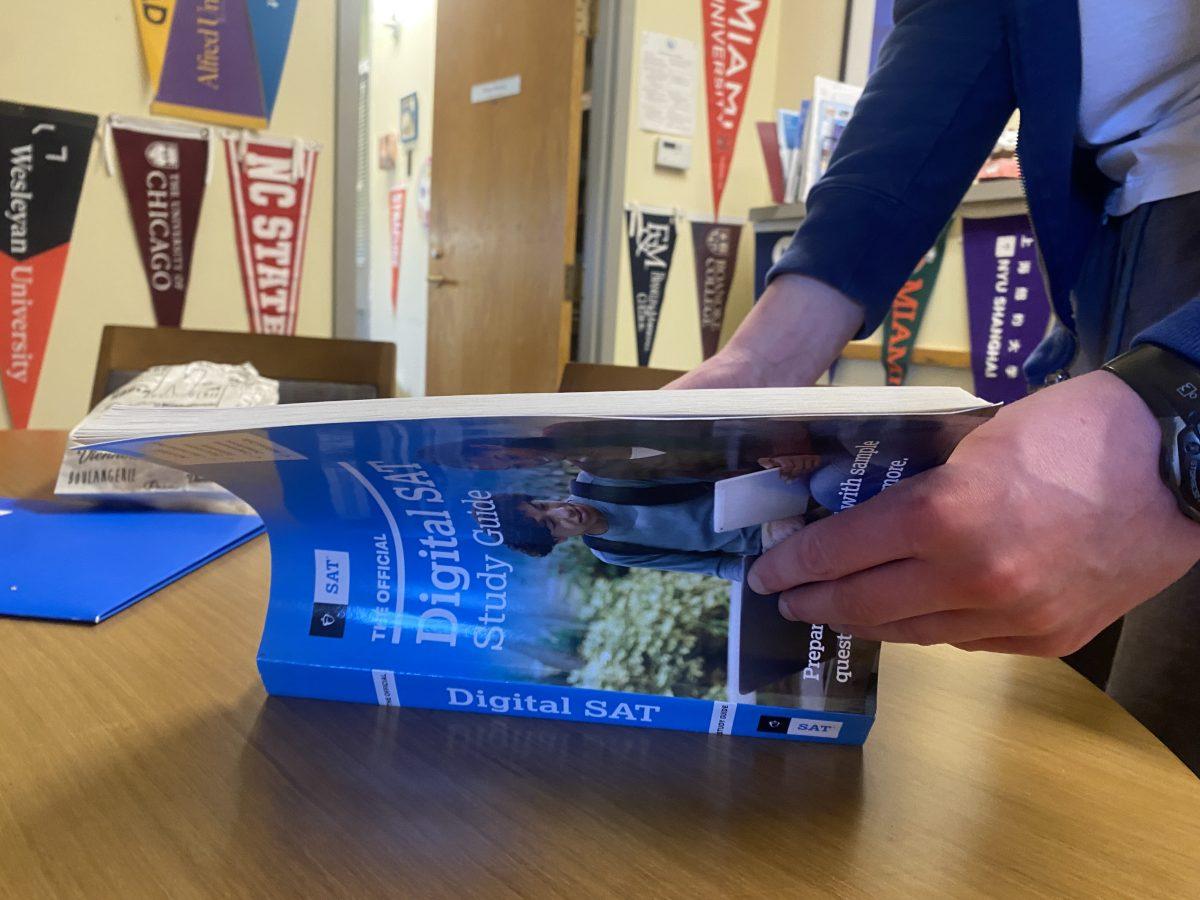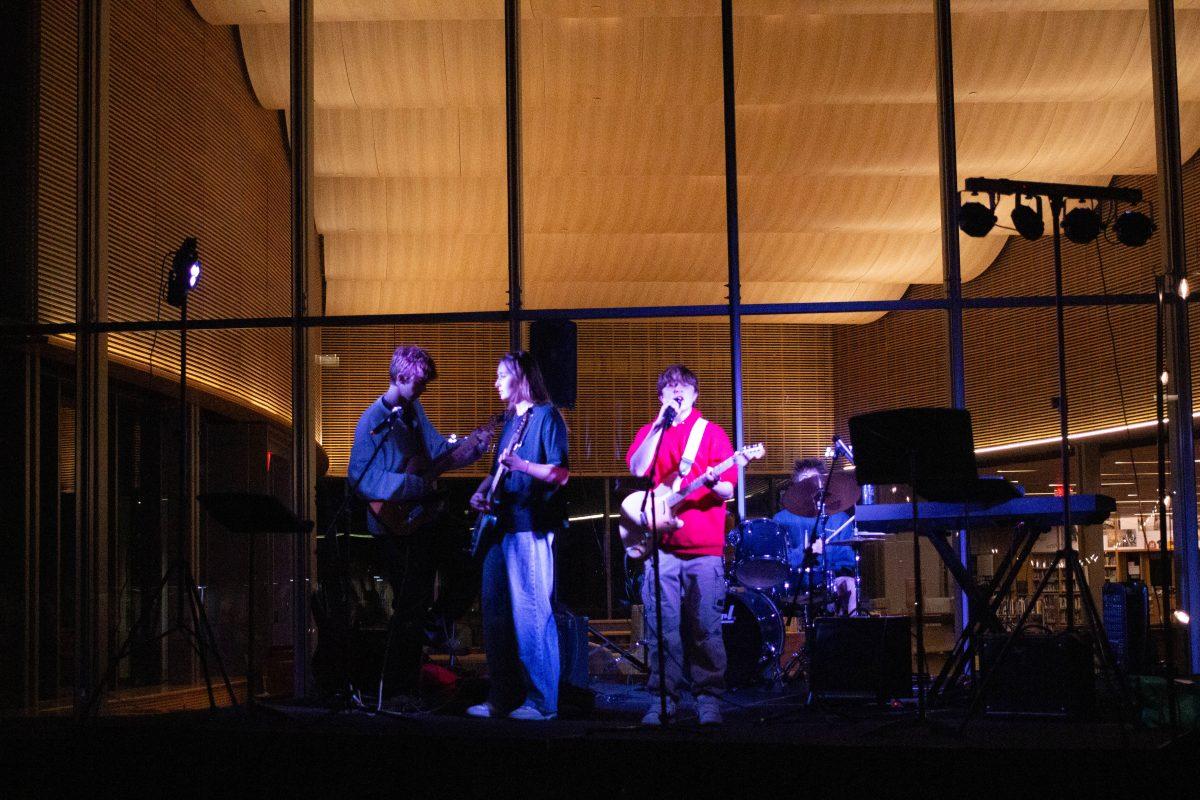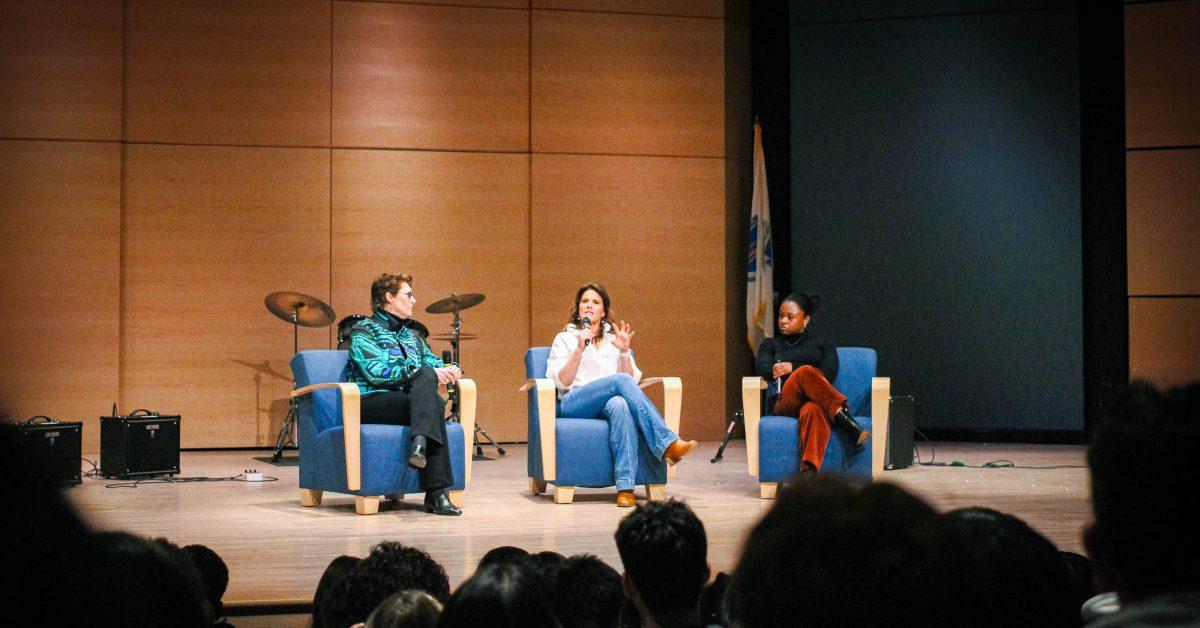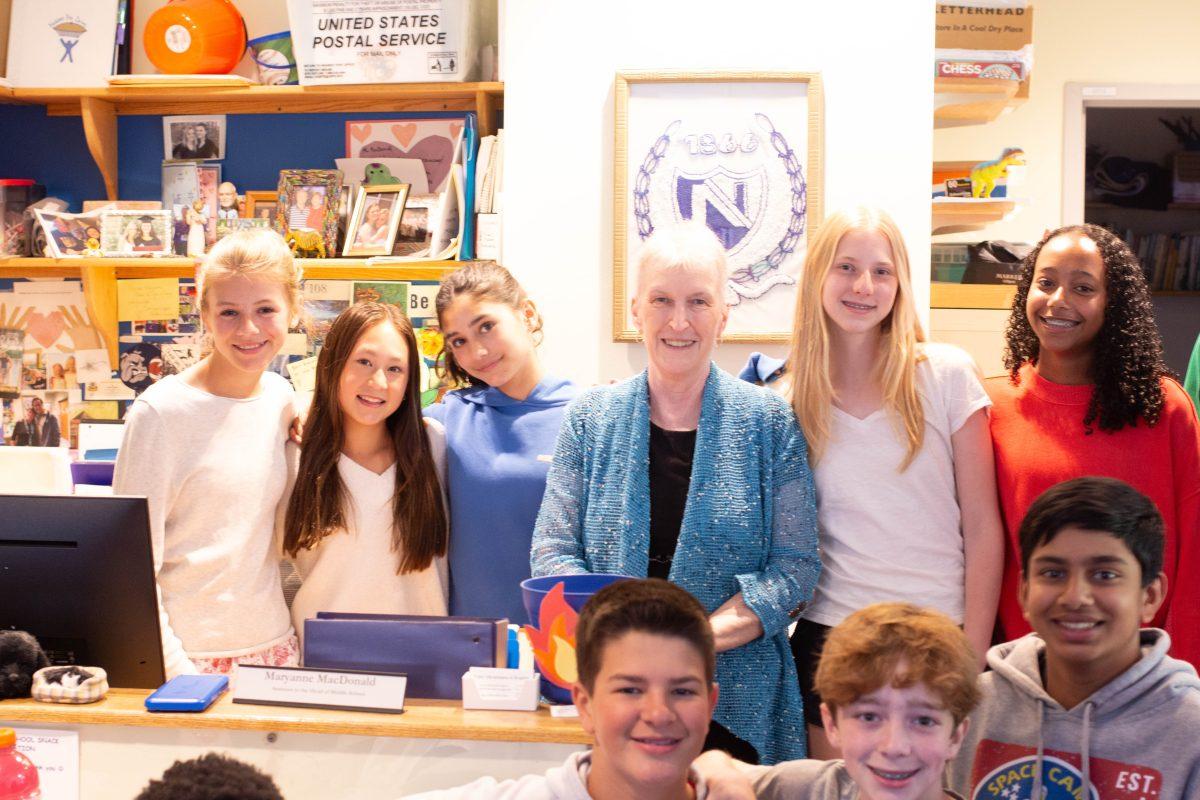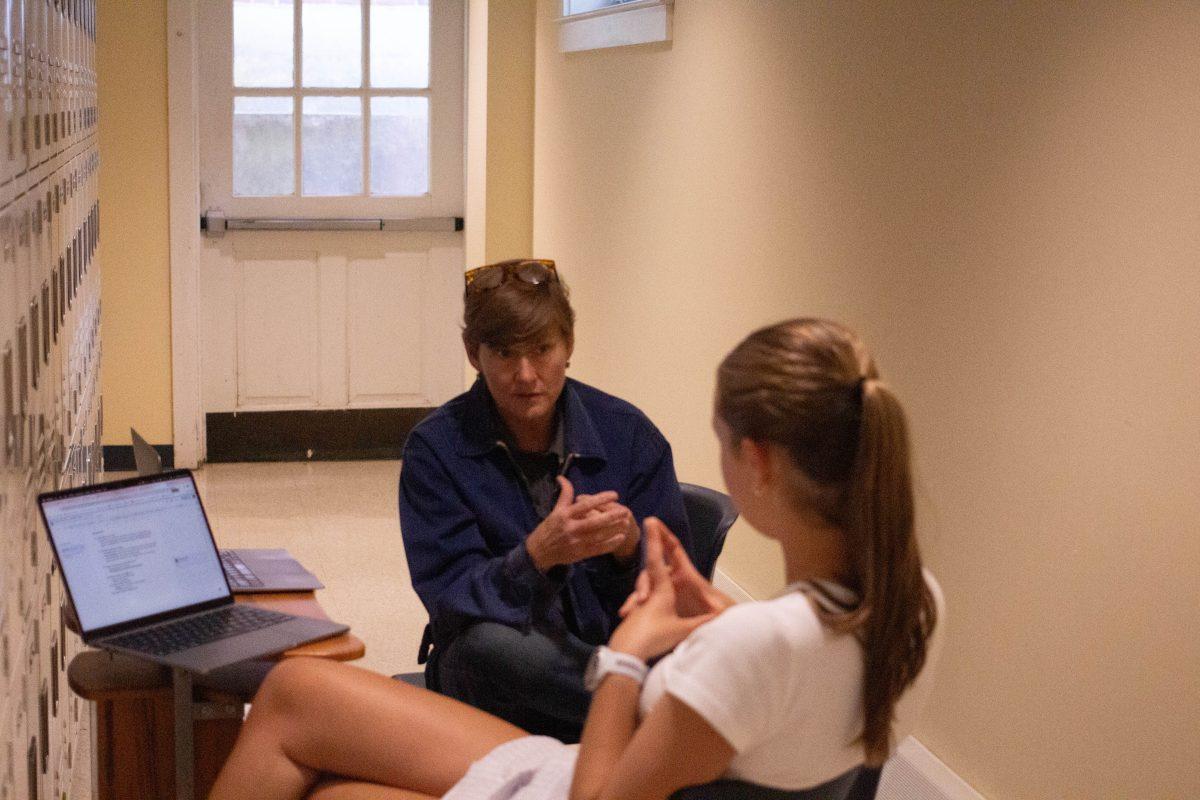Claiming that “the war on women’s sports is over,” President Donald Trump signed an executive order this past February banning transgender female athletes (individuals assigned male at birth who identify as female) from competing in girls’ and women’s sports. This order will establish mandates on sex and sports policy, drawing on Title IX rules, as educational institutions that receive federal funds cannot deny women an equal opportunity to participate in sports. In response, the National Collegiate Athletics Association (NCAA) issued a new policy limiting competition in women’s sports to student-athletes assigned female at birth only. With this recent amplification of an already contested topic, the validity of the EO and the future of all athletics is up for debate.
Despite this EO, Nobles will follow the New England Preparatory School Athletic Council (NEPSAC) and the Independent School League (ISL) policies, as the school does not receive federal funding. “The executive order doesn’t affect what we’re doing in the ISL or in the NEPSAC,” Director of Athletics Alex Gallagher said. It seems that both of these organizations will continue to allow student-athletes to compete in gender divisions as they wish, a policy met with the full support of Gallagher: “Both organizations fully support athletes being able to compete in the sport within the gender that they identify with. I fully believe in what the NEPSAC and ISL have decided,” he said. While this topic receives a significant amount of national publicity and attention, the reality is that the school has never encountered any related situations. Gallagher said, “We have not faced a controversial situation like this here at Nobles or in the ISL, but I have to imagine that at some point we will. I know how much Nobles categorically supports people of all genders, and my hope is that Nobles will continue to be a leading voice in supporting trans kids.”
“Both organizations fully support athletes being able to compete in the sport within the gender that they
identify with. I fully believe in what the
NEPSAC and ISL have decided.”
Amidst the controversy regarding the EO, Nobles’ student-athletes agree with aspects of this EO. “I don’t think that most athletics should be divided by gender; I think they should be divided by sex. We’ve outgrown using gender as the divide,” Noah Douglas (Class I) said. Those who compete in physically demanding sports emphasize the importance of biological considerations. An anonymous female rower said, “As a female athlete who competes in a sport that is very dependent on biological ability, I am honestly very happy that a policy has officially been issued. It protects women’s sports.” Similarly, other female athletes consider the physical aspect of their sports when approaching this topic. “It’s hard because I think transgender athletes should have a place to play, but I don’t know how I would feel to compete against someone who’s genetically stronger than me,” Christina Pham (Class I) said. Additionally, students view the policy as preserving competitive fairness while acknowledging the historical context, as the anonymous rower said, “Women have worked so far for the past 50 years to assert their position in sports and themselves as athletes, and this policy protects that.”
Some community members voiced concerns regarding the emotional impact this executive order could have on transgender athletes, which extends beyond its direct effects on athletic competition. “The biggest ramifications are emotional. It’s not hard to imagine what it does to someone’s sense of belonging and their identity to not have an option to be part of athletics and being excluded in that way,” English Faculty Elliot Mancuso said. On the other hand, some students feel that the policy is meant to unfairly target transgender people and believe sports play little to no role in the matter. Ekene Madu (Class II) said, “I don’t think it’s about sports. Trans people keep getting targeted by this administration. I think the rules are going to be turned against trans people regardless of what happens.”
However, others validate aspects of the EO, emphasizing the significance of physiological advantages in regard to their sports. “Biology plays a massive role in running. Obviously, you can train every day and raise the level that your body’s at, but there are different caps depending on your sex,” Douglas said. This perspective is echoed by other athletes who consider their own experiences in competitive sports. Batra said, “I’m not a star athlete, but as someone who’s been playing sports their whole life, I can’t imagine someone getting such a significant advantage.” Additionally, the abilities required for some sports’ high-performance athletes are directly impacted by biological factors. “Skill is very important in basketball, but you can’t deny that biological men are just naturally stronger and faster in certain moments. Basketball is super physical and people don’t acknowledge it as much on the women’s side, but it’s really about strength and speed,” Pham said.
“I’m not a star athlete, but as someone who’s been playing sports their whole life, I can’t imagine
someone getting such a significant advantage.”
Despite the physical differences between sexes, inclusivity and access to athletic experiences take priority for some. Mancuso said, “I think as far as competition and athleticism, it is most important to consider what we want these activities to represent within our society.” Some students believe that biology is irrelevant and advocate for a shift in priorities. “I think we need to focus more on inclusivity. Yes, everyone has certain biological advantages, but I don’t think that it should matter. It’s just a fact of life,” Madu said. In a recent New York Times poll, 79% of participants said that biological males who identify as women should not be allowed to participate in women’s sports. While the majority of US citizens, including the majority of Democrats (67%), support the EO, the Nobles community seems to be more heterogeneous in their views than the rest of the country.


